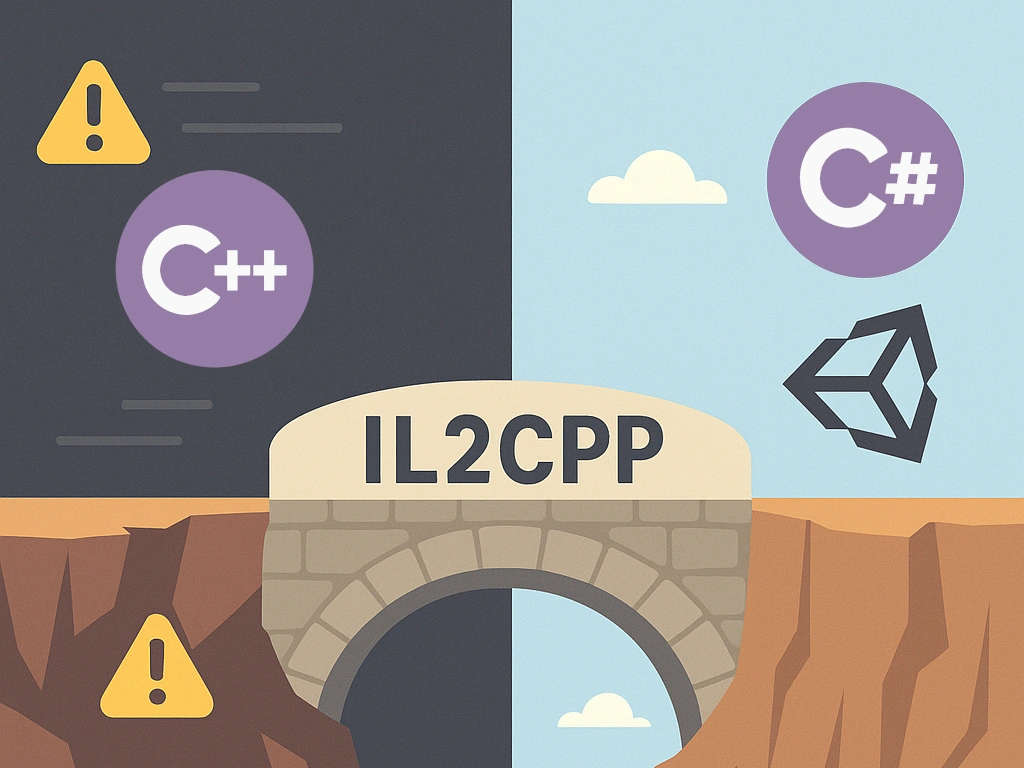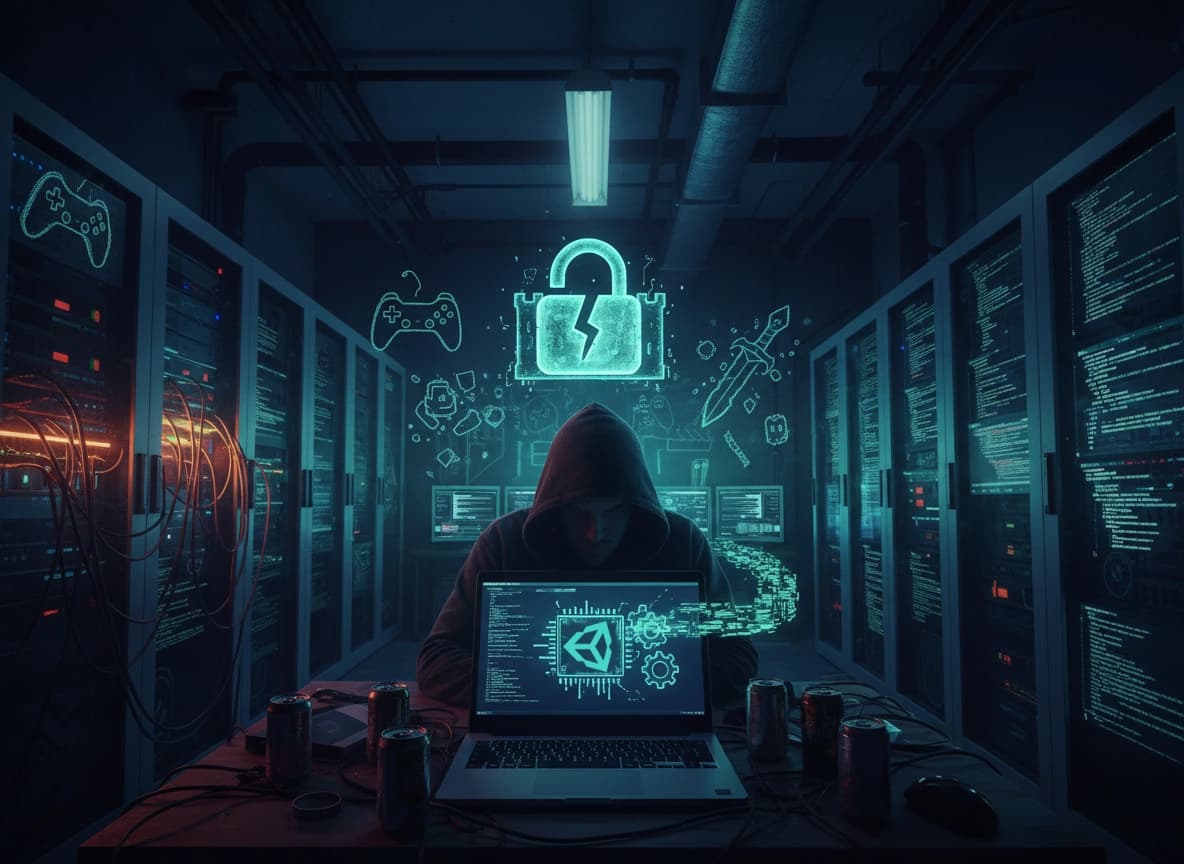The Root of the Problem: C/C++ Memory Unsafety
First, it's crucial to understand why C and C++ are flagged. These languages offer unparalleled performance and direct hardware control, which made them foundational for operating systems and high-performance software for decades. However, this power comes with a significant trade-off: manual memory management. In C and C++, developers are solely responsible for allocating and deallocating memory. There are no built-in mechanisms for automatic array bounds checking or validated pointer dereferencing. This means it's incredibly easy to introduce critical errors like:- Buffer Overflows: Writing more data to a memory buffer than it can hold, overwriting adjacent memory. This can lead to arbitrary code execution.
- Use-After-Free (UAF): Accessing memory after it has been deallocated, which can result in crashes, data corruption, or even remote code execution.
- Dangling Pointers: Pointers that still reference memory that's no longer valid.
- Memory Leaks: Failing to release memory that's no longer needed, leading to resource exhaustion and performance degradation.
Unity's IL2CPP: Bridging the Safety Gap
Now, let's talk about Unity and IL2CPP. When you build a Unity project using the IL2CPP backend, your C# code (which is inherently memory-safe) is translated into C++ code, which is then compiled into a native binary. This process might sound concerning given the C++ warnings, but here's why IL2CPP is still largely safe for your C# logic:- Integrated Garbage Collection: Crucially, IL2CPP incorporates its own garbage collector for managed memory. This means that the automatic memory management you rely on in C# is preserved in the generated C++ code. The garbage collector automatically handles memory allocation and deallocation, preventing common C++ pitfalls like use-after-free, double-free, and many memory leaks for your C# objects.
- Built-in Runtime Checks: By default, IL2CPP generates C++ code that includes essential runtime checks to maintain safety:
- Null Checks: The generated C++ code contains checks to prevent dereferencing null values, throwing
NullReferenceExceptionif an attempt is made. Unity strongly recommends keeping this enabled. - Array Bounds Checks: IL2CPP also generates C++ code with array bounds checks, throwing
IndexOutOfRangeExceptionif an invalid index is accessed. Disabling this can lead to reading from or writing to arbitrary memory locations, corrupting application state without immediate warning signs, making debugging extremely difficult. Unity also recommends keeping this enabled.
- Null Checks: The generated C++ code contains checks to prevent dereferencing null values, throwing
Where Vigilance is Still Key: The Developer's Role
While IL2CPP provides a robust safety net for your C# code, there are specific scenarios where memory safety concerns can still arise, shifting the responsibility back to you, the developer:- Native Plugins and P/Invoke: This is the primary area where C++'s inherent unsafety can creep back in. If your Unity application uses native C++ plugins or interacts with external C/C++ libraries through Platform Invoke (P/Invoke), these components are outside IL2CPP's managed safety.
- Manual Memory Management: In these native components, you are fully responsible for manual memory allocation and deallocation. Errors like use-after-free or memory leaks can occur if not handled meticulously.
- Data Marshalling: Passing data between the managed C# environment and unmanaged C++ code requires careful marshalling. Mismatched types or incorrect handling of memory ownership across this boundary can introduce vulnerabilities. As the NSA/CISA report notes, even "nominally safe languages may still import unsafe C/C++ libraries using a Foreign Function Interface, potentially breaking memory safety guarantees". This creates a "hybrid security debt" at the interface boundary.
- "Unsafe" C# Code: C# allows you to use an
unsafecontext, enabling direct pointer manipulation and raw memory allocation/deallocation. While rare in typical Unity development, if you explicitly writeunsafeC# code, you bypass the managed memory safety mechanisms and take on the full responsibility of manual memory management, introducing the same risks as raw C++. - Managed Memory Leaks (Logical Leaks): Even with a garbage collector, memory leaks can occur if your C# code holds onto references to objects longer than necessary. For example, un-unsubscribed event handlers, static references, or never-ending coroutines can prevent objects from being garbage collected, leading to the managed heap growing indefinitely and potentially causing performance issues or crashes.
- Metadata Exposure: IL2CPP generates metadata (e.g.,
global-metadata.dat) that can be easily retrieved by attackers using tools like Il2CppDumper. This metadata can expose class names, method names, and even string literals (like API keys), which can aid reverse engineering and potentially reveal sensitive information. While not a memory safety vulnerability in the traditional sense, it's a security concern related to the IL2CPP transformation. To mitigate this problem you can use code obfuscation tools. - Unaligned Memory Access: In some specific cases, IL2CPP translates C# code "as-is," which might lead to unaligned memory access in the generated C++ if the original C# code implicitly caused it. This can result in crashes on certain architectures (e.g., ARMv7).
Your Path Forward: Building Secure Unity Applications
The NSA's warnings about C++ are valid and critical for systems programming. However, for Unity developers, the narrative isn't as straightforward as "C# is safe, C++ is unsafe, therefore IL2CPP is unsafe." Here's how to navigate this landscape and build secure Unity applications:- Trust IL2CPP for Your C# Logic: For the vast majority of your C# scripting, IL2CPP's integrated garbage collector and runtime checks provide a strong foundation for memory safety. Keep the default null and array bounds checks enabled in your Unity Player Settings.
- Exercise Extreme Caution with Native Code: If you must use native C/C++ plugins or P/Invoke, treat these interactions as inherently "unsafe" operations. Apply the most rigorous C++ secure coding practices, meticulously manage memory, and carefully handle data marshalling across the managed/unmanaged boundary. Consider using tools like AddressSanitizer (ASan) or Valgrind for these native components during development.
- Master Managed Memory Management: Even with a GC, developers are responsible for preventing logical memory leaks. Be diligent about releasing references, unsubscribing from events, and ensuring coroutines terminate to allow the garbage collector to do its job effectively.
- Implement Application Shielding: To protect against reverse engineering and information leakage from IL2CPP metadata, consider using application shielding techniques like code obfuscation and string encryption offered by third-party tools.
- Stay Updated: Keep your Unity Editor and all related tools (compilers, libraries) updated to benefit from the latest security patches and improvements.



